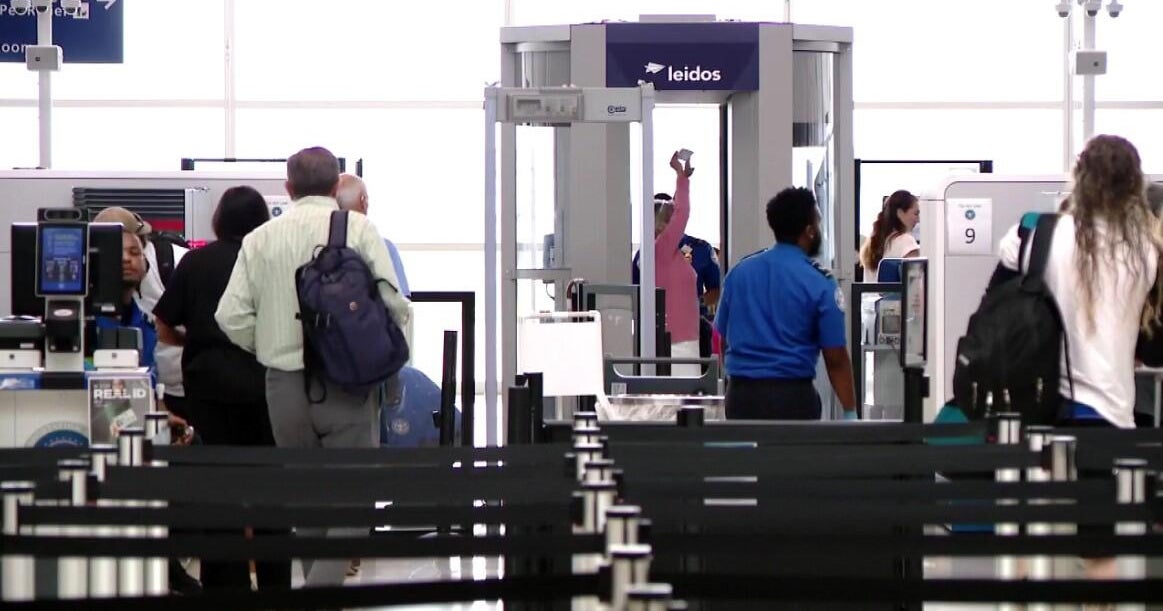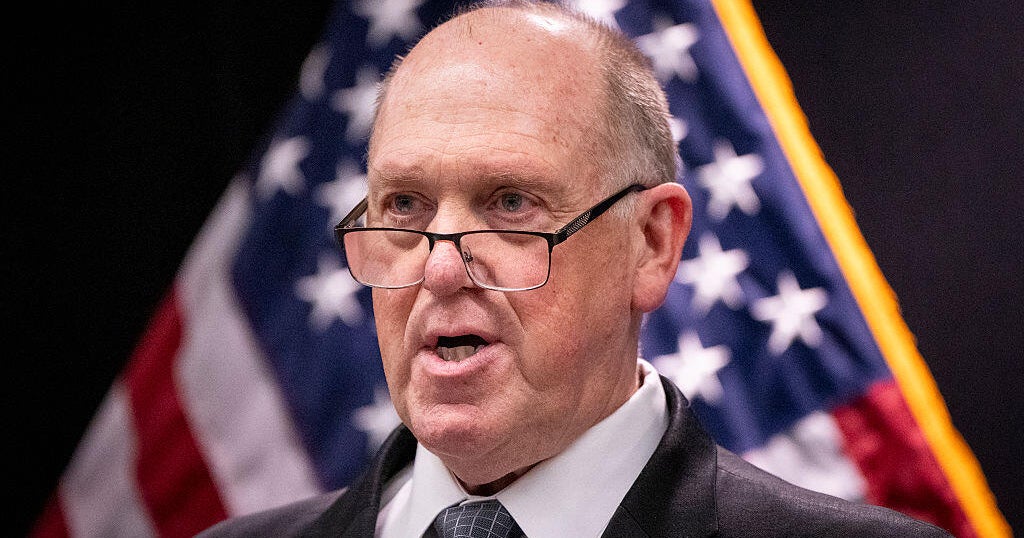Government Shutdown Highlights Living Paycheck To Paycheck Crisis
PLANO, Texas (CBSDFW.COM) - As the partial government shutdown drags on, furloughed workers are facing the prospect of the first missed paycheck this year.
The situation has trigged fury in some-- worry in others-- and an awakening in the rest of the nation to the fact that living "paycheck to paycheck" is more common than many may realize.
"We see individuals that have maybe $1,500 in cash, and hundreds of thousands of dollars in debt," says Plano mom and technology executive Jolawn Victor. "We are no longer surprised, because that was us!"
The key word there, "was."
Victor says several years ago, her husband urged her to take Dave Ramsey's financial management class dubbed Financial Peace University.
She became a convert and the couple teaches the course at their Plano church, but first she had to learn that having money doesn't necessarily mean that you manage it well.
"We owned our house, we had two cars, we had kids in private school, we travelled, we have two MBAs, two jobs," says Victor. "We didn't fit the criteria to be someone who was paycheck to paycheck, but it doesn't matter, any of the extremities, what you see on the outside... It's what's in the bank account and where is it flowing?"
Victor says she and her husband earned good money, so she was initially reluctant to admit that they were spending more than they earned-- and that's living paycheck to paycheck, regardless of tax bracket. In their classes, she says, such situations are common.
"Most people have $1,000 or less saved-- even in affluent areas where we are, Plano, Frisco, McKinney, Allen." So Victor says she and her husband got serious about making their money fit their priorities. They began by selling a brand new car, eliminating car payments, insurance and maintenance.
The next step was to cut back on the things they still had.
"We were spending $240 a month on tolls, and so we started taking the frontage road. We didn't have cable, we still don't have cable. We rented movies from the library. We brought our lunches to work... you name it, there were so many things we did to change our lifestyle. And budgeting was key."
Victor admits the couple had the means and the will to make changes-- others are facing a steeper climb. According to a 2017 CareerBuilder survey, 78 percent of US workers live paycheck to paycheck. That same survey found that nearly one in 10 of those workers earn $100,000 or more. And more than 1 in 4 save nothing at all each month.
In the face of statistics like this, the government shutdown and prospect of missed pay has touched a nerve-- even among those unaffected.
"It's just not fair," fumed an angry Macarena Bolick in Dallas. "I am really disappointed with our government. I really am."
Bolick was particularly bothered that elected officials will continue to receive their salaries during the shutdown. "There are a lot of people out there that are struggling. They are living paycheck to paycheck. They've got children to feed. They've got bills to pay. Where's it going to come from?"
As the Victors prepare to lead another session of Financial Peace at Plano's Prince of Peace Catholic Community Church next month, Jolawn stresses that more money isn't always the answer. It's learning to manage it better by living on less. And yes, she says, budgeting is key: you can't begin to save money until you know where it's going.
Now, having eliminated the debt and having their earnings honor their priorities, Victor says, "We have a sense of peace that we didn't have before."
Other faith communities, too, are urging congregations to back away from living on the financial edge. The Crossroads Christian Church in Grand Prairie this month is highlighting a sermon series called"Broke is Normal. Don't be Normal. Be Weird," with Pastor Barry Cameron calling debt a "dark pit of worry, fear and anxiety."







